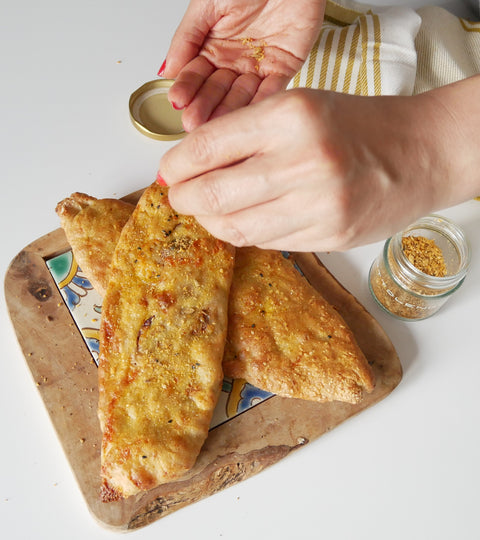"Extra workout for your brain"
"Extra workout for your brain"
This is how Michael Mosley summarised the benefits of trying new things and learning new skills very well in one of his "Just One Thing" episodes.
During the "Learn a New Skill" episode Michael Mosley speaks with Professor Alan Gow at Heriot-Watt University about learning new skills as "the best - and most fun - ways to keep your brain active". He explains how taking on a new challenge could help build new connections in your brain, regardless of age.
Here are some of the ways trying new things can improve our brains.
- Boosting Neuroplasticity: Our brains can reorganise and form new neural connections, a process called neuroplasticity. Trying new things stimulates different parts of the brain. It can create new neural pathways, which improves overall brain function and can help protect against cognitive decline.
- Improving Memory: Trying new things challenges the brain and forces it to work in new ways, which can improve memory function. When we learn something new, our brains create new neural pathways that strengthen memory recall.
- Enhancing Creativity: Trying new things can help stimulate creativity and innovation by forcing our brains to think differently. Novel experiences can inspire new ideas and ways of thinking, leading to creative breakthroughs.
- Boosting Confidence: Trying new things can boost our confidence and sense of accomplishment. When we take on new challenges and overcome them, we develop an understanding of mastery and self-efficacy, which can positively affect our overall well-being.
In summary, trying new things and skills can improve our brain by boosting neuroplasticity, improving memory, enhancing creativity, and boosting confidence. Challenging ourselves with new experiences and activities is essential to keep our brains healthy and functioning at their best.
Great British Creativity Test
In 2019, 50,000 people participated in the BBC Arts Great British Creativity Test, an exciting research project and a partnership between UCL, University College London and BBC Arts. Based on Dr Daisy Fancourt, "This study is the first to show the brain's cognitive strategies to regulate our emotions when we're taking part in creative activities".
This study explored how creative activities can help us manage our mood and boost well-being.
Let's review some of its most interesting findings:
- Emotional benefits start even from participating in a single session of creativity. There are cumulative benefits from regular engagement.
- Nothing competes taking part in live creative activities that involve in-person social interaction.
- In both live group activities and remote experiences, both participants emotionally benefited. However, the most robust results came from live group activity.
Bake & Explore - Connect & Engage
Any creative activity which absorbs us in something will help us to pause and connect to the present moment and ourselves. This is the principle that happens in meditation and any mindful practice.
That sensory experience, concentration and engagement happens in my Flatbread Making Workshops, which is why I believe, everyone should experience it at least once.
In addition, experiences create a memory that will last, help us be more connected to the present moment and create space for conversation and getting closer to each other.
It does not matter if you participate as a curious individual or with your team, colleagues, friends or neighbours to have fun or celebrate an occasion. It creates a better connection, and you will benefit from its emotional benefits.
If you have already experienced a flow state and feeling "in the zone, " you know how amazing it feels.


